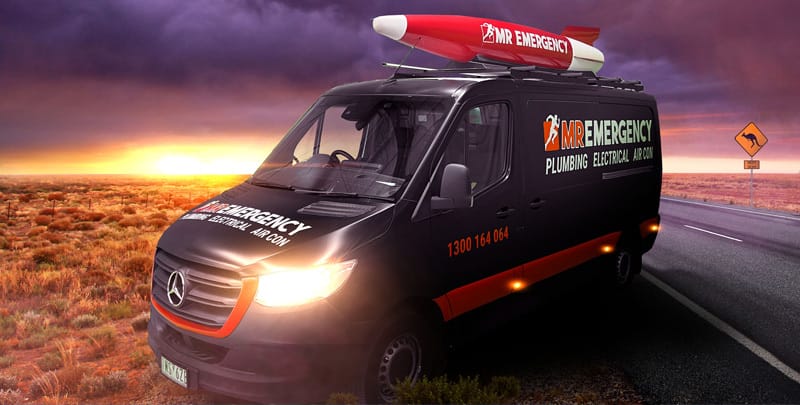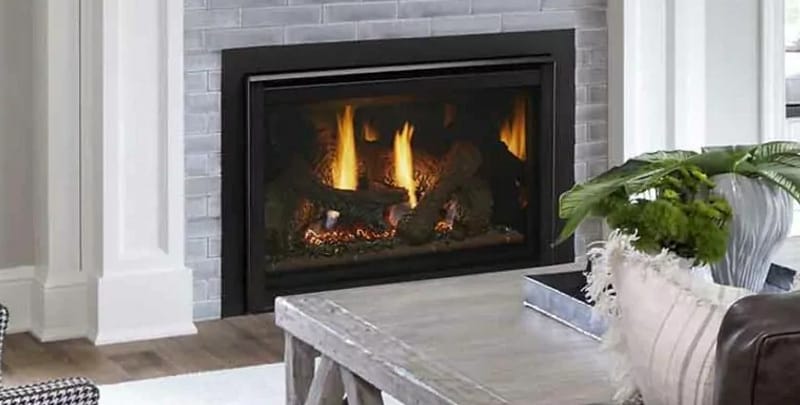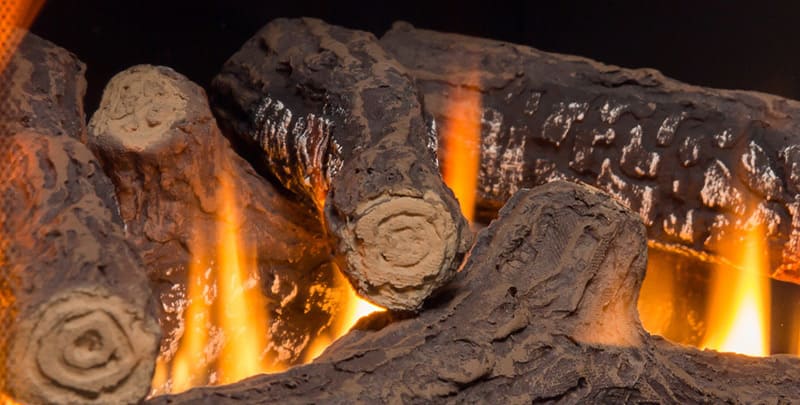
Are Gas Log Fires a Safe Alternative?
In the chilly months of the Australian winter, there’s nothing quite like the warmth and ambience of a roaring fire. Historically, wood fires have long been the preferred choice for generating warmth and fostering a snug ambience.
However, with growing concerns about their contribution to global warming, gas log fires have emerged as a compelling alternative for several compelling reasons, making them a more environmentally responsible choice. But the question remains: Are gas log fires safe for your home?
Let’s explore the safety aspects of a gas log fire, including the potential risks, benefits, and how to ensure your gas fireplace is safe for your living space.
What are Gas Log Fires?
Before diving into safety considerations, let’s clarify what gas fireplaces are. Gas log fires are a type of gas fireplace that mimics the appearance of a wood-burning fire.
Gas fires consist of ceramic logs arranged to resemble burning wood, with a gas burner hidden underneath.
These gas fireplaces are designed to provide the look and feel of a traditional wood fire without the hassle of chopping and storing wood.
Vented vs Ventless Gas Logs: What’s the Difference?
Gas fires come in two main types: vented and vent-free fireplaces. These categories define how they handle combustion by-products and affect their installation and performance.
Let’s explore the key differences between these two options:
Vented Gas Fires:
- Require a chimney or direct vent.
- Realistic flames but less efficient.
- Expel combustion by-products outside.
Ventless Gas Logs (Vent-Free Gas Fires):
- No chimney or external venting is needed.
- Highly efficient, all heat stays in the room.
- Clean combustion but may have indoor air quality restrictions in some areas.

Benefits of Gas Log Fireplaces
There are many benefits to installing a gas fireplace. Here are just a few of them:
- Convenience: Gas-log fireplaces are incredibly convenient. You can enjoy a fire at the flip of a switch or the push of a button, without all the hassle of building a fire, making them perfect for busy households.
- Efficiency: They are highly efficient in terms of heating. You get consistent warmth without needing to add wood constantly or tend to the fire.
- Cleanliness: Gas log fireplaces produce minimal ash and no creosote buildup, which are common issues with wood-burning fireplaces.
- Safety features: Many modern gas fireplaces have advanced safety features, including automatic shut-off and remote-control options.
- Non-invasive: You can replace an existing fireplace with a new gas fire, using the latest technology to bring warmth without losing the ambience of a log fire.
- Aesthetic appeal: Gas log fireplaces can add a touch of sophistication and modernity to your living space, becoming a focal point of your room.
Gas Log Fireplace Safety Considerations
Now, let’s address the safety aspects of gas log fireplaces, focusing on the key concerns associated with their use.
1. Carbon Monoxide Emissions
One of the most critical safety concerns regarding gas fireplaces, including gas log fireplaces, is the potential for carbon monoxide (CO) emissions.
CO is a colourless, odourless gas that can be deadly when inhaled in large amounts. However, modern gas fireplaces have safety features to minimise this risk.
To ensure safety:
- Install carbon monoxide detectors: Place CO detectors in your home, especially near sleeping areas. These detectors can alert you to any build up of carbon monoxide, allowing you to take prompt action.
- Regular maintenance: Have a professional serviced your gas log fireplace at least once a year because they have increased training and guidance materials to ensure it’s functioning correctly and not emitting excessive CO.
2. Gas Leaks
Gas leaks are another potential safety concern with gas log fireplaces. A gas leak can lead to a fire hazard or even an explosion if not addressed promptly.
To ensure safety:
- Professional installation: Always have a qualified technician install your gas log fireplace. They will ensure proper connections and gas line integrity.
- Regular inspections: Periodically inspect your fireplace and gas connections for any signs of wear, damage, or leaks. If you suspect a gas leak, turn off the gas supply and contact a professional immediately.

3. Ventilation and Oxygen Supply
Gas fireplaces require oxygen to burn safely and efficiently. Inadequate ventilation or a lack of fresh air can lead to incomplete combustion, which can produce harmful gases and reduce the efficiency of your fireplace.
To ensure safety:
- Maintain proper ventilation: Ensure your gas log fireplace is installed properly, such as in a vented system or outdoor venting. This allows for the exchange of indoor air with fresh outdoor air.
- Monitor oxygen levels: If you ever feel dizzy or experience headaches while using your gas log fireplace, it could indicate oxygen depletion. Open a window or door to allow fresh air to flow into the room.
4. Maintenance and Upkeep
Like any appliance, gas-log fireplaces require regular maintenance to function safely and efficiently. Ignoring maintenance can lead to issues like burner malfunctions or even fires.
To ensure safety:
- Follow manufacturer’s instructions: Read and follow the maintenance guidelines provided by the manufacturer in your fireplace’s manual.
- Professional servicing: Schedule professional servicing and cleaning to keep your gas log fireplace in top condition.
Stay Warm, Stay Safe
Gas log fires can be a safe and efficient way to enjoy the warmth and ambience of a fire in your home. By understanding the potential risks and taking appropriate safety measures, you can ensure that your gas log fireplace provides comfort and peace of mind during winter.
Remember to prioritise regular maintenance, proper installation, and use of carbon monoxide detectors to make your vented or vent-free fireplace safe from toxic gas and a stylish addition to your living space.
Keeping your home warm and safe is a top priority in the chilly winter months. Ensure your home is cosy and secure with Mr Emergency Heating and Cooling.
Contact us for expert service, repairs, and affordable solutions, ensuring your family’s safety during winter. Don’t compromise on safety – choose Mr. Emergency today.
Please note: This information is provided for advice purposes only. Regulations differ from state to state, so please consult your local authorities or an industry professional before proceeding with any work. See our Terms & Conditions here.


